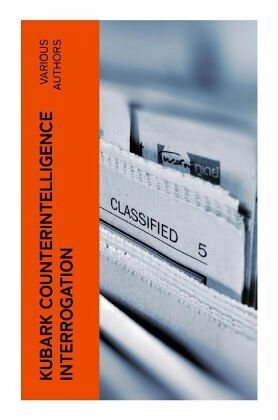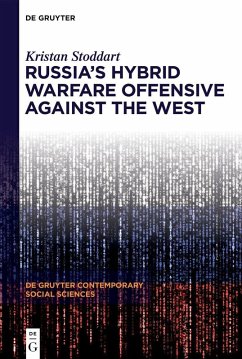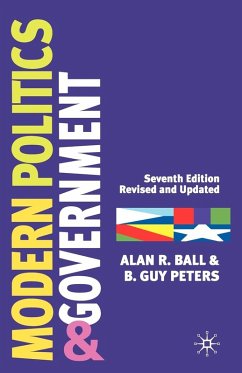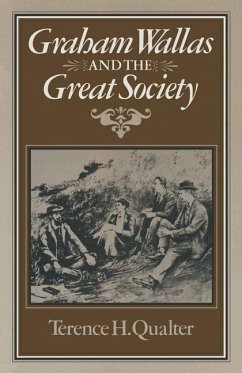
KUBARK Counterintelligence Interrogation
A Manual
Versandkostenfrei!
Versandfertig in 6-10 Tagen
10,40 €
inkl. MwSt.

PAYBACK Punkte
0 °P sammeln!
KUBARK Counterintelligence Interrogation, a foundational manual produced by the CIA in 1963, delineates methodologies for interrogating suspected intelligence operatives. The book encompasses a blend of psychological principles and practical techniques, emphasizing the manipulation of emotional states, behavioral responses, and environmental settings. Written in a stark, procedural style, the text serves not only as a tactical guide but also as a reflection of Cold War-era fears regarding espionage and counterintelligence. In its systematic approach, it lays bare the ethical quandaries inheren...
KUBARK Counterintelligence Interrogation, a foundational manual produced by the CIA in 1963, delineates methodologies for interrogating suspected intelligence operatives. The book encompasses a blend of psychological principles and practical techniques, emphasizing the manipulation of emotional states, behavioral responses, and environmental settings. Written in a stark, procedural style, the text serves not only as a tactical guide but also as a reflection of Cold War-era fears regarding espionage and counterintelligence. In its systematic approach, it lays bare the ethical quandaries inherent in the intelligence community's operations, opening a discourse on the moral implications of coercive interrogation methods. The authors behind KUBARK represent a collective of seasoned intelligence and military professionals, offering insights gained through extensive experience in the field of counterintelligence. Their backgrounds, shaped by the urgency of the Cold War, informed the creation of this manual, which seeks to enhance the effectiveness of information-gathering techniques amidst rising geopolitical tensions. Their aim was to arm operatives with knowledge that could ensure national security, albeit at a moral cost that invites scrutiny. KUBARK Counterintelligence Interrogation is essential reading for students of intelligence studies, political science, and ethics, as it not only provides a historical perspective on interrogation techniques but also raises critical questions about the line between security and morality. For those interested in the intersection of power, psychology, and ethics, this book offers a compelling exploration of the methods that defined an era.












